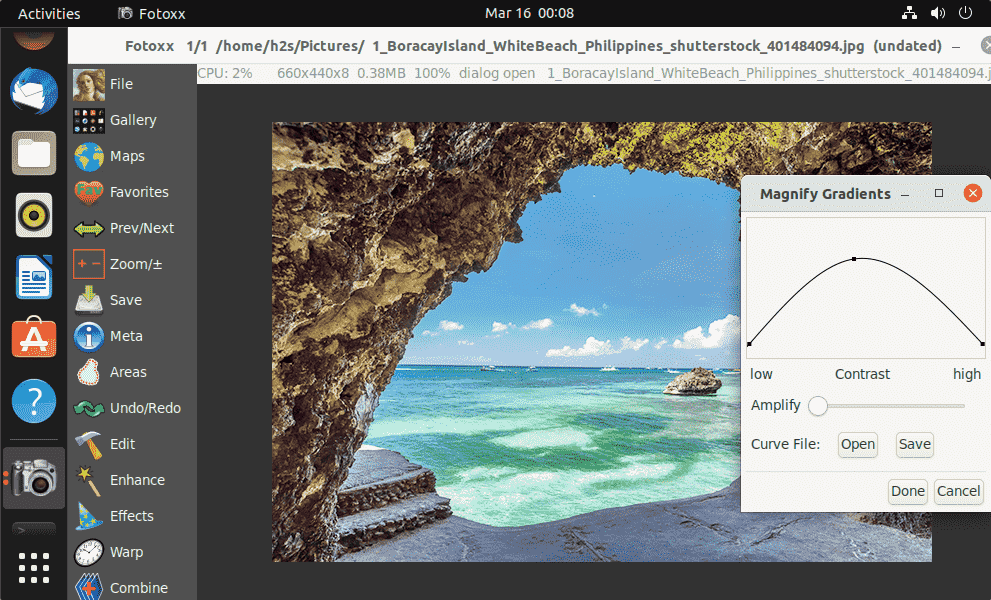Almost all firm today has a digital footprint and, those that don’t should have one. There are several many other websites to compete with, whether you’re a small company, freelancing, or blogger, and everyone wishes to improve search engine rankings, for good reason.
Search engine optimization helps clients locate your brand by making it easier for search engines such as Google to know what you’re selling. You will begin to rank higher in search results after search engines comprehend the objective of your website. All of this is due to SEO, which stands for “search engine optimization.”
If your company has a website, SEO is critical no matter what your position is. Whether your organization is young or old, struggling or prospering, tiny or large, SEO is crucial for your digital marketing. Even when you’re the only one in your field, SEO is still significant.
There are numerous parts of your company over which you have no control. You have no control over a new competitor’s emergence, your consumers’ reaction to a new product introduction, or your monthly profit.
For more than a decade, SEO has been a significant part of professional life.
You’ll need to use SEO (search engine optimization) techniques to boost your internet visibility. Fortunately, if you use WordPress as your Content Management System (CMS), you can make use of a variety of built-in tools that make optimizing your content for search a breeze.
So, what is it about WordPress that makes it such an effective SEO platform? Let’s look at the advantages of employing WordPress SEO in your company.
Table of Contents
Permalinks are the URLs that your websites, articles, sections, and tag archives will have indefinitely. It’s the hyperlink that’s used to link to each of your blog posts and pages. Permalinks look somewhat like this by default:
Search engine crawlers have a hard time reading and indexing your web pages and articles because of this structure. That implies you’ll have to make it more user-friendly for both search engines and humans.
Thankfully, WordPress allows you to customize your URL permalinks for each one of your blog posts, including a detailed description of the content as well as any relevant keywords, making your URL structure search engine friendly.
You must go to Settings Permalink to alter your preset permalink URLs. You can use either /post-name/ or /category/post-name to alter it. You can also use date and name, however, to optimize your permalink structure for search engines, I recommend using “Post Name.” This is how the customized permalink URL structure will look:
http://mysite.com/%postname%/
When it comes to gaining a better rating on search results pages, one of the most important factors is the “title tags,” or the title of a blog article. The title tags not just tell search engines what your company’s website is about, but they also provide individuals who view your article title in the search results a first impression.
Because search engines pay more attention to the first few words of titles, make sure your keywords are at the beginning of your title tag — this will help you rank higher. So, utilizing the All-in-One-SEO-Pack WordPress SEO plugin, you may optimize your title tags for SEO.
This will assist you in creating distinctive, interesting, useful, and SEO-friendly title tags for your website, which will enhance your CTR and page views.
In a Google search result page, a meta description is a piece of content that appears beneath the page link. It provides both search engine bots and web audiences with a concise synopsis of your blog article or web page. This will help you in getting a higher rank in the SERPs.
It means that writing original, engaging, and search tool-friendly meta descriptions for all of your posts will help you gain a greater click-through rate and boost your search engine exposure.
You can easily enhance your meta descriptions for Google and other search engines using the standard WordPress settings. Even better, the Yoast SEO plugin or All in One SEO Pack, both the WordPress SEO plugin
can build SEO-friendly meta descriptions for your WordPress website automatically.
WordPress makes it simple to construct an XML sitemap and send it to search engine administrator tools. An XML sitemap informs Google and other search engine bots about all of your website’s web blog posts. It simply lets web crawlers quickly read and rank your website.
Fortunately, WordPress has many plugins that can produce an XML sitemap for all of your webpages, articles, post type kinds, categories, and tags. To help search engines effectively index your WordPress site, you can use the WordPress SEO Yoast or Google XML sitemap plugins.
For instance, to produce an XML sitemap for your WordPress site, we use the Yoast SEO plugin. You must enable the XML Sitemaps after installing and activating the plugin. To do so, navigate to the SEO XML Sitemaps section and tick the box to enable this feature.
Make certain that you set up it and save your settings. The sitemap for your WordPress site will be generated as a result of this.
The main goal of categories and tags is to make it easier for web users to traverse your blogs, which helps you gain a better search ranking (if used properly). In a word, categories are your blog’s tables of contents, whereas tags are the indexes that allow a search engine to quickly understand your blog’s subject matter.
Both categories and tags aid in the creation of a better design and allow Google to detect it while scanning your WordPress blog entries. To make it as simple as possible for search engine crawlers to “read” your content, make sure you have all of the subcategories and a well-structured post.
To add categories, go to the Posts Categories and Tickets Labels sections.
Make sure you’re using the finest techniques for optimizing your categories and tags.
WordPress’s code is basic and tidy, making it easy for Googlebot to index your site. Because it’s an open-source platform, you can expect frequent updates in terms of security, efficiency, and functionality to help Google and other search engines rank your site better in search results.
Although WordPress usually performs well in this area, you should install well-coded themes and plugins to assure that your WordPress site is of excellent quality.
You can’t disregard image optimization if you want to increase online traffic to your site. It’s one of the most important parts of SEO.
The goal of picture optimization is to create appealing, relevant image names and alt text that will help you rank higher on Google and other image search engines. When you submit images to WordPress’s CMS, it’s simple to add titles and alt text, so image optimization is just a case of filling in the appropriate sections.
Using the related posts plugin, search engines may quickly and efficiently crawl your older content. It’s a fantastic WordPress plugin that allows you to easily include a link to related topics within your fresh material, boosting your SEO possibilities.
The plugin allows you to easily add related posts to your blog posts and pages, as well as re-order them using drag-and-drop features, all without having to write a single line of code.
When you engage in WordPress search engine optimization for your website, you are directly increasing its exposure and profitability. So, no matter what the outcome tomorrow, you can bank on that exposure to help your business grow and succeed with WordPress SEO.
Given the way search engines are evolving, SEO is unlikely to become outdated. This is why, no matter what your firm does, SEO is critical and without a doubt, WordPress SEO is the best of all.
Latest News







